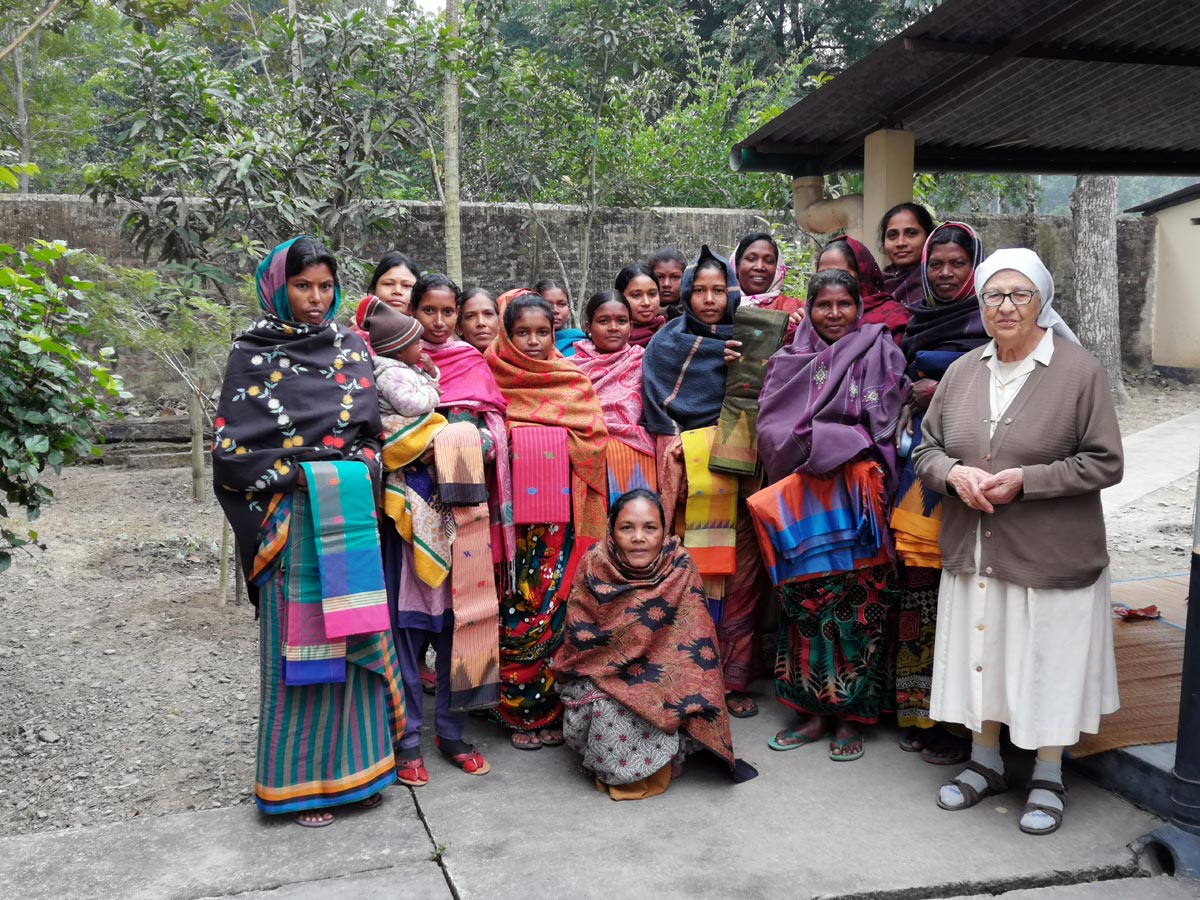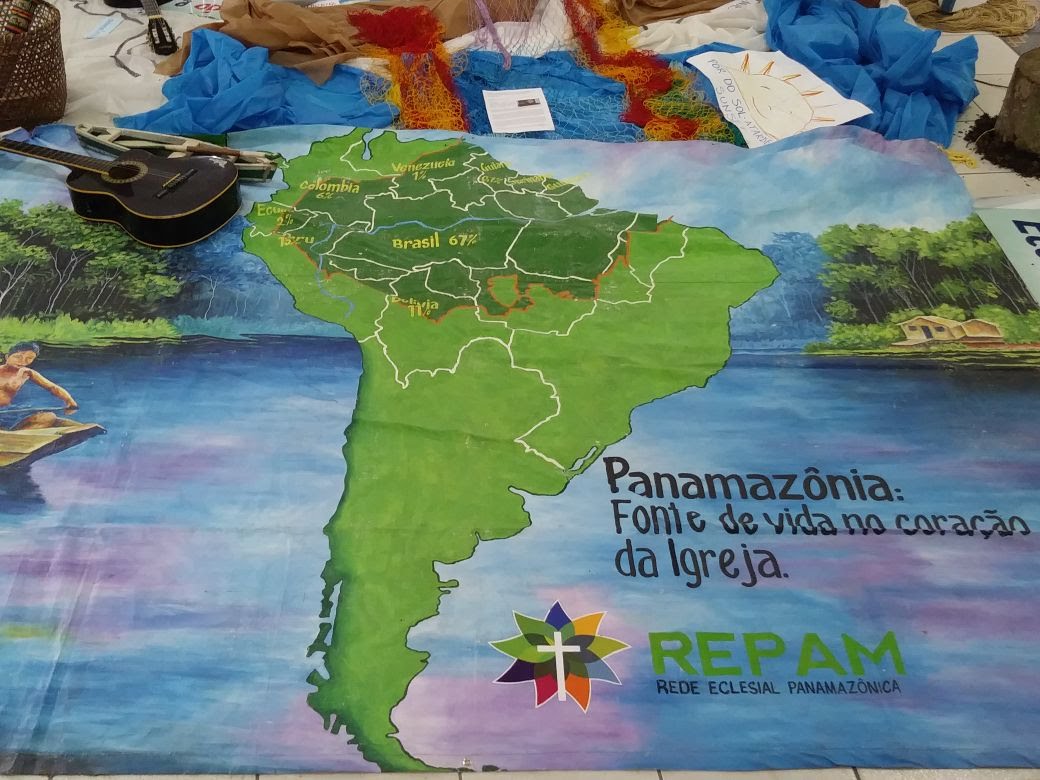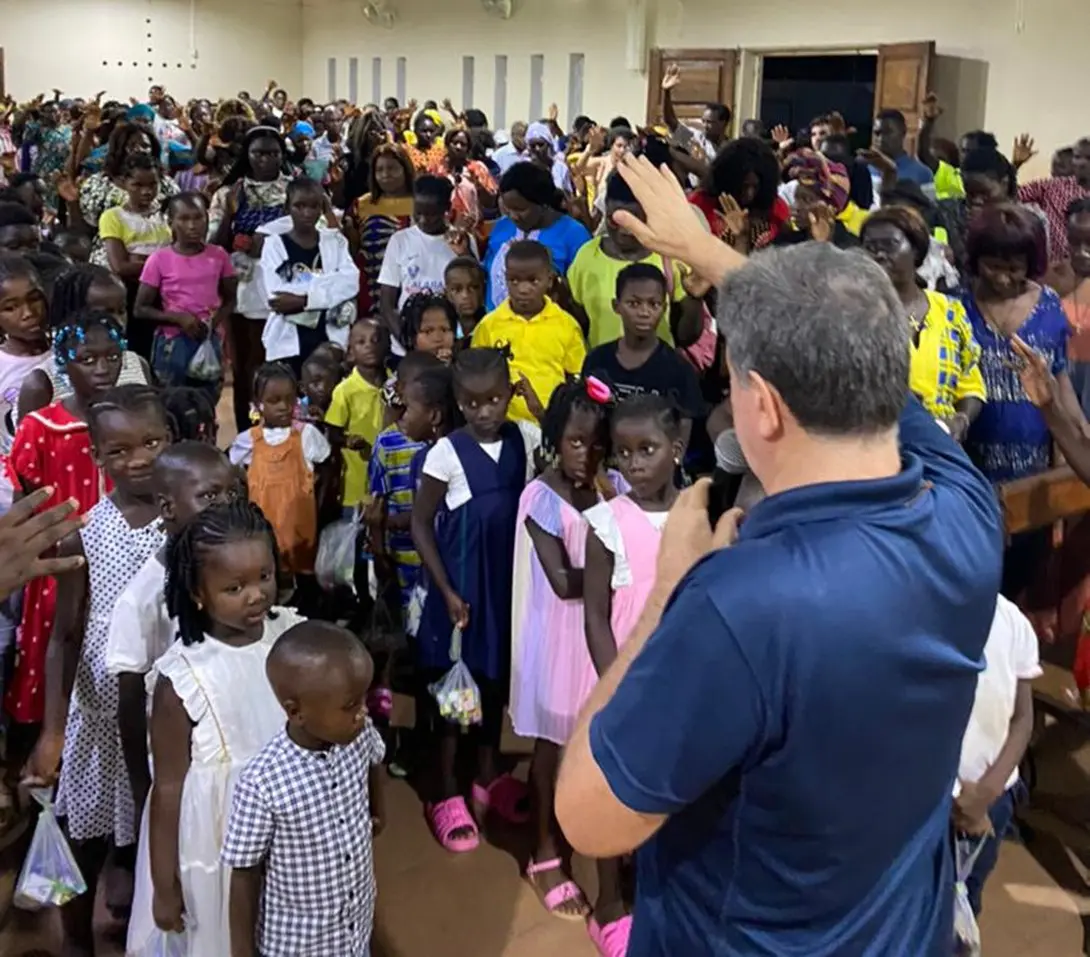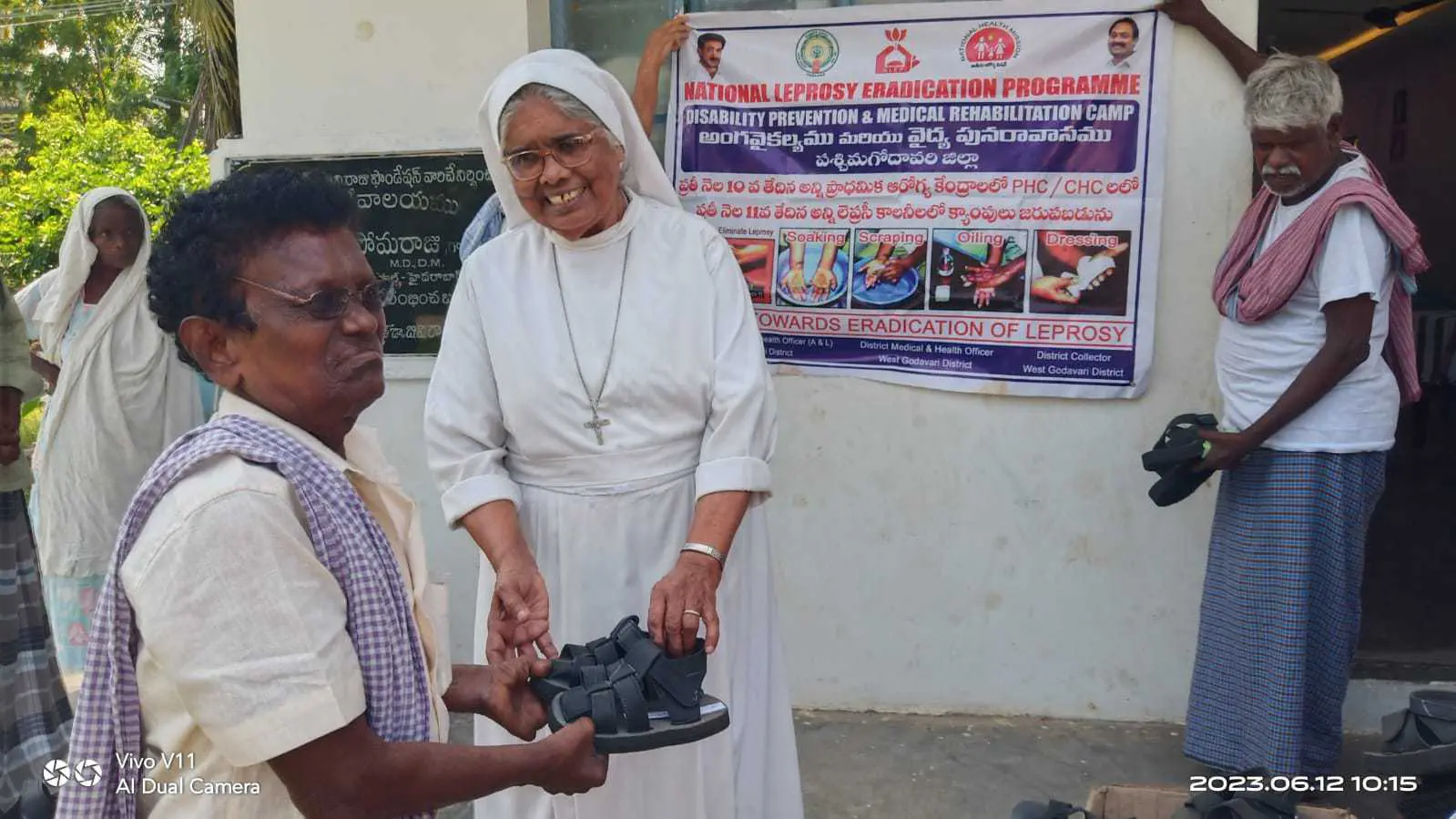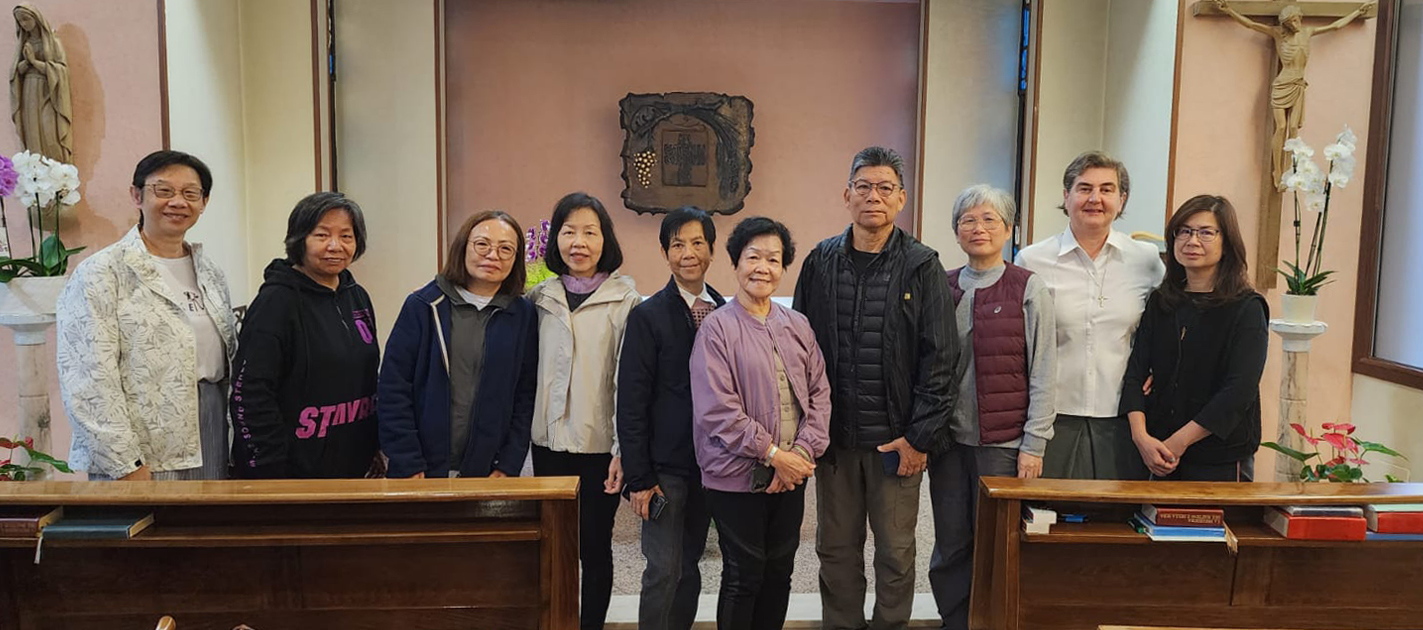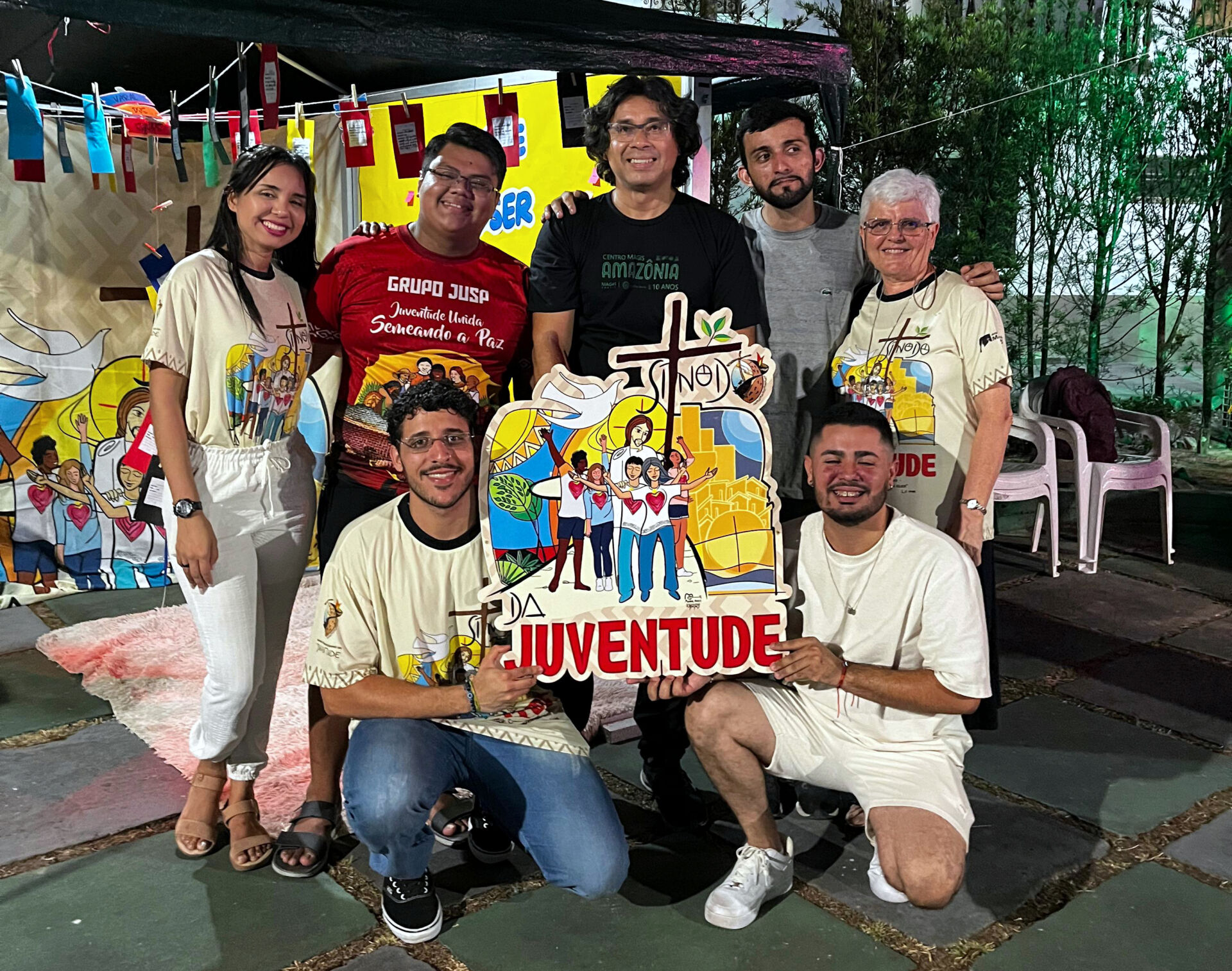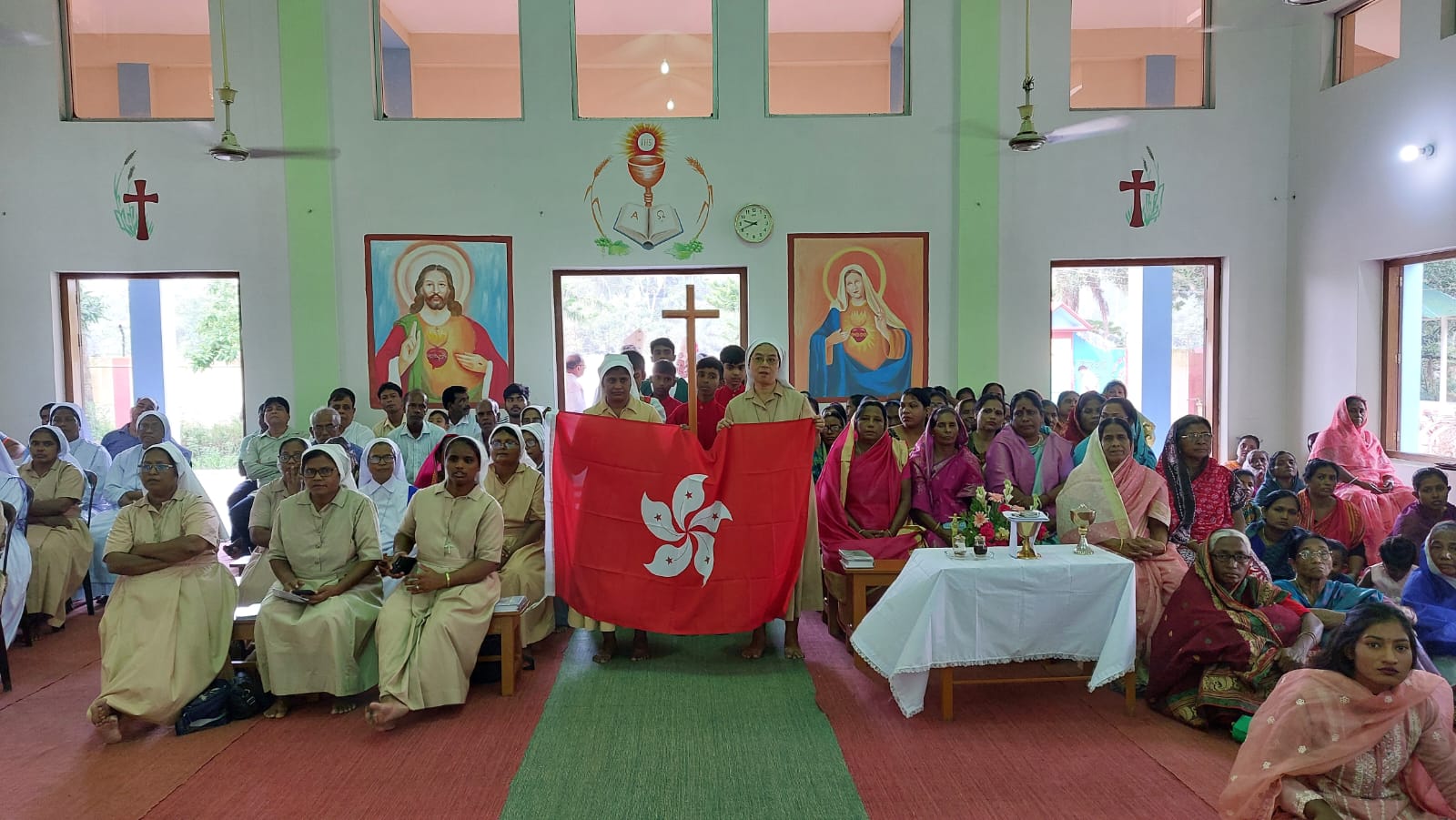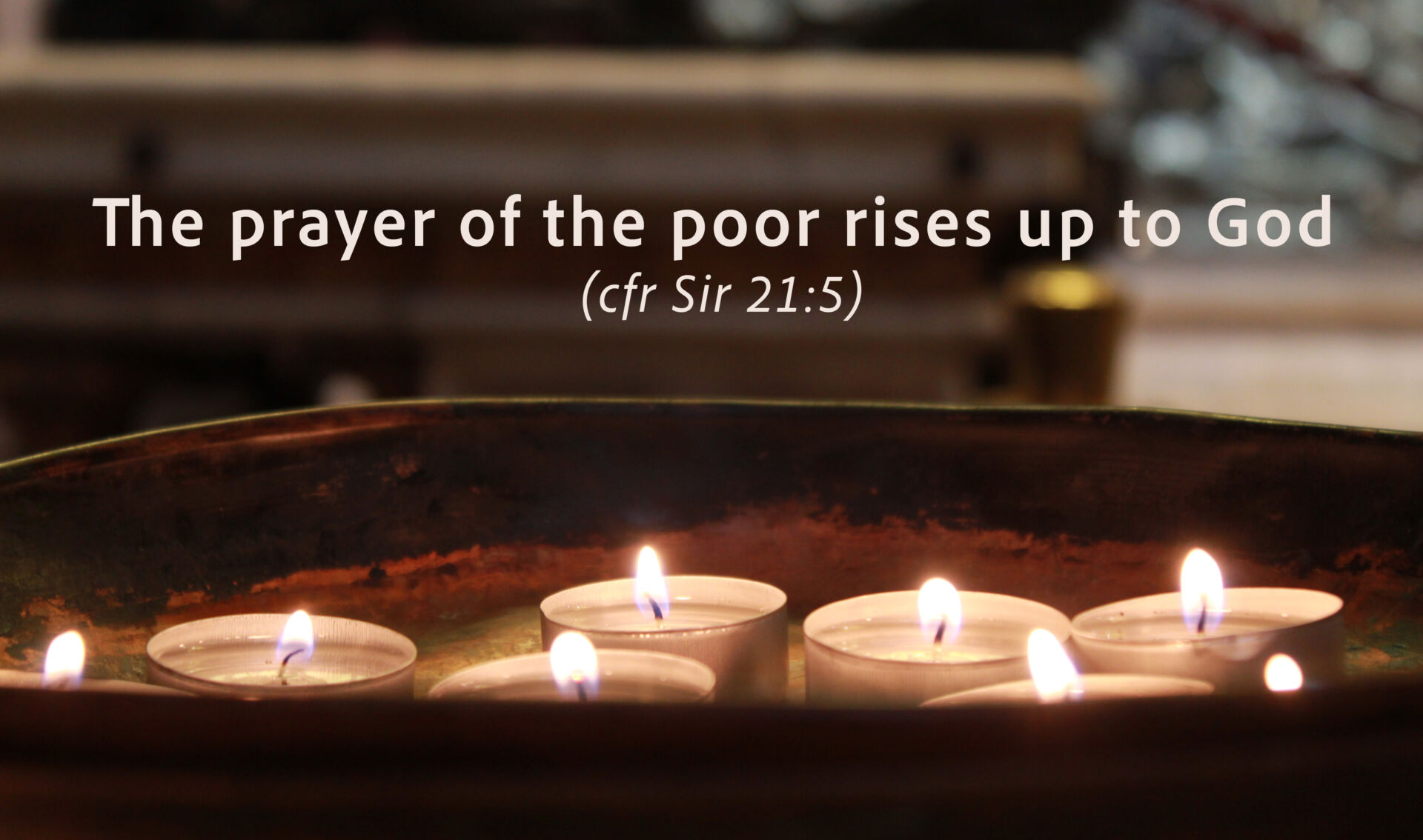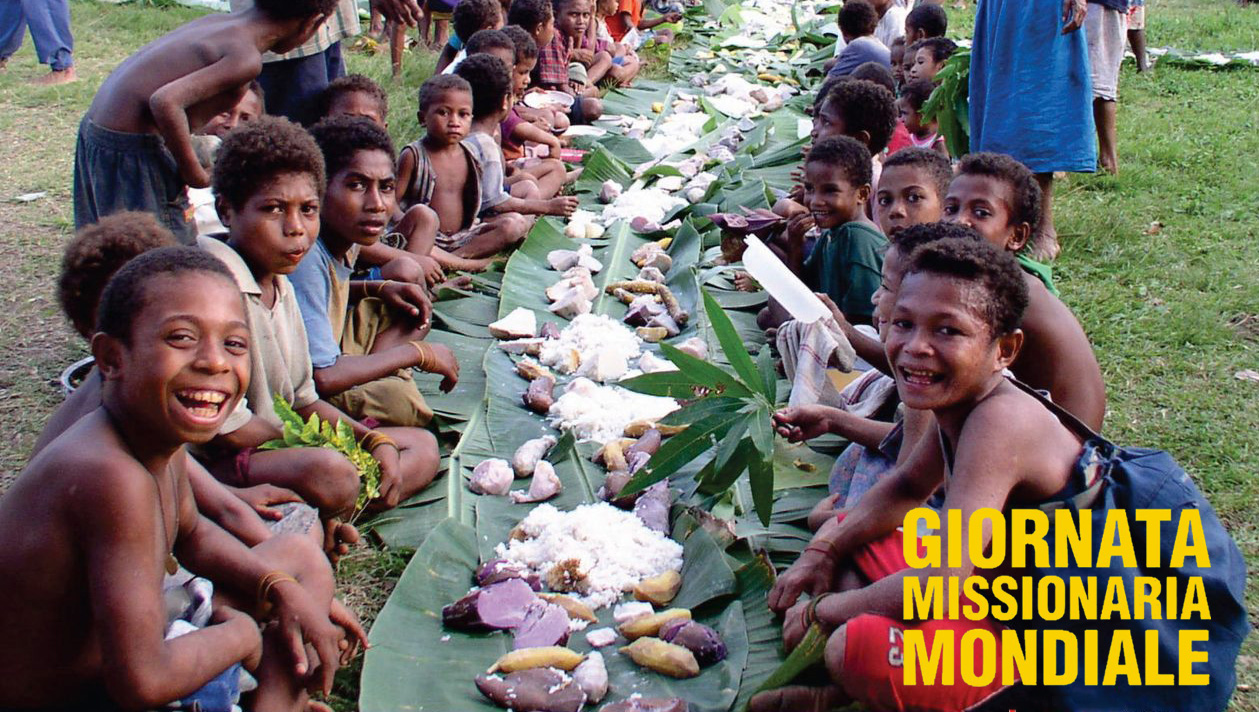India’s culture is amongst the worlds oldest. It varies from place to place, depending on its vast geography. Over the centuries, there has been a significant fusion of varied cultures. People in India speak different languages, dress differently, follow different religions, eat different food, celebrate different festivals, but they are of the same temperament. So whether it is a joyous occasion or a moment of grief, people participate whole heartedly, feeling the happiness or pain.
Indians are known world-wide for their spirit of tolerance, unity, secularism, mild and gentle behaviour, give-and-take relationship. In a way Indian cultures can be compared to a garden of flowers of various colours and shades of which while maintaining their own identity, lend harmony and beauty to the garden – INDIA.
Very well, the Sovereign Pontiff Francis points out in His recent social Encyclical, “FRATELLI TUTTI” the word “CULTURE.” He says; “Culture points to something deeply embedded within a people, its most cherished convictions and its way of life. It has to do with their desires, their interest and ultimately the way they live their lives.” (216)
Going deeper into this reflection, He further points out to ‘THE CULTURE OF ENCOUNTER” – which according to him means, “we, as a people, should be passionate about meeting others, seeking points of contact, building bridges, planning a project that includes everyone.” (216) An open invitation and at the same time a challenge to the world to transcend above the differences and diversions by creating “a many-faceted polyhedron whose different sides form a variegated unity, in which, the whole is greater than the part.” (215)
For us missionaries, this must not and should not be a challenge. We are reminded that wherever we go, amidst whomever we live, we are called to undergo a process of INCULTURATION. A moment, where she sheds everything she acquired and tries to become a child in learning the new. As at infancy, learning things does not seem to be easy, there arises a moment of confusion, despondency and death.
She does undergo a process of dying, like a seed, in order to give life to herself and to bring forth hundredfold. She comes in contact with the local people, tries to understand their way of life, their way of living and makes their way her own through DIALOGUE OF LIFE. She celebrates the joy of acknowledging others. She welcomes joyously the differences and this becomes the aspiration and the style of life she embraces.
Not so easy, to practice, as much easily we can scribble in words. But a tiny spark, of my experience may enlighten us to blow the fire of CULTURE OF LOVE. God does not expect from you and me great things to be achieved. But small things done in sheer love. Some of my tips would be:
- By showing to the people the tiny gestures of kindness, of compassion, of truthfulness, of love of CHRIST – poor and chased lived for others and died for others.
- By inserting ourselves – with the same sentiments and attitudes of Jesus.
- By inculcating the openness – to learn, to give up, to understand, to respect.
- By committing ourselves – to study the local language, customs, traditions, etc
- By becoming one with people – through dialogue of LIFE.
- By adapting – by welcoming – by appreciating – the ways of doing things differently.
- By discovering the signs of God’s presence – in everything.
- By accompanying the local church – in the difficult task of inculturation of the Gospel and in the constantly evolving process of evangelization. (article 23 from Our Constitutions)
People today are hungry for LOVE and the language of love is present in every culture. At the very outset Pope Francis makes it clear saying that the one and the only counsel he wishes to offer us is “LOVE that transcends the barriers of geography and distance, and declares blessed those who love their brother, as much when he is far away from him as when he is with him.” (1) This openness is demanded from each one of us, more particular, of us missionaries, an openness that allows us to acknowledge, appreciate and love each person regardless of physical proximity regardless of where he or she was born or lives.
In the words of St. Paul, by “becoming all things to all people.” (1 Cor. 9:19-23) The same thing is clear in our Constitutions, “We try to become all things to all, being close to the daily life of people and communities, in the missionary joy of sharing the life of the Gospel.” (Article 26)
Today, in India, people appreciate, such values from us. We live, we proclaim, we witness amidst various cultures. The gentleness from our part is to discover the possibilities, to express the richness of the mystery of Christ in a new way without creating the chaotic situation. We need to revive and review the guidelines suitable for each context, byexperiencing the dynamic and fruitful exchange that arises when the culture encounters the Christian message of JESUS’ LOVE.
To conclude, I would say that our moral responsibility invites us for greater commitment for Inculturation. The process of inculturation into other cultures is not a matter of purely external adoption of culture/s, rather the intimate transformation of authentic cultural values through our integration and insertion of the various human culture.
Thus, the process is profound and all embracing. It is a call to accept each one as our brothers and sisters and it is the most essential need of the time.
Sr. Frida Toppo, Hailakandi, Assam






